Publications
-
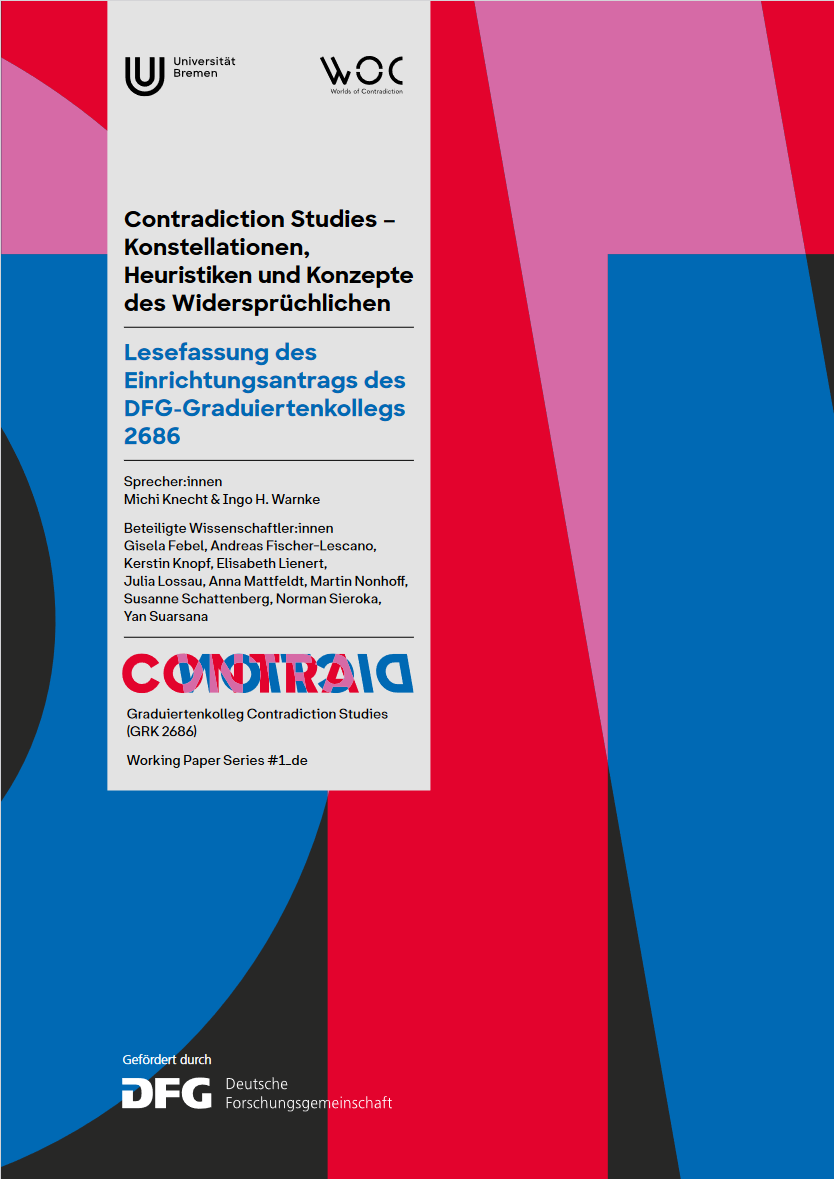 Working Paper “Einrichtungsantrag Contradiction Studies – Konstellationen, Heuristiken und Konzepte des Widersprüchlichen, Lesefassung”
Working Paper “Einrichtungsantrag Contradiction Studies – Konstellationen, Heuristiken und Konzepte des Widersprüchlichen, Lesefassung”The Research Training Group 2686 Contradiction Studies researches the formation, negotiation and explanatory limits of contradiction.
The point of departure is the assumption that the ordering figure of contradiction with the imperative to resolve contradictions is often in tension with everyday experiences of contradictions in living together. Constellations of contradiction, contradiction avoidance, contradictions and practices of contradiction are therefore systematically researched and established as objects of investigation in the humanities, social sciences and law. The research group combines discourse-, narrative- and text-centred approaches with ethnographic and other qualitative-empirical methods. On the basis of case studies and genealogically or analytically orientated projects, the Centre carries out conceptual and theoretical work. This aims to re-evaluate contradiction, contradictions and contestation in their empirical constellations, heuristic functions and ontological dimensions – also in response to post- and decolonial discussions on the cosmopolitanisation of knowledge production.
-
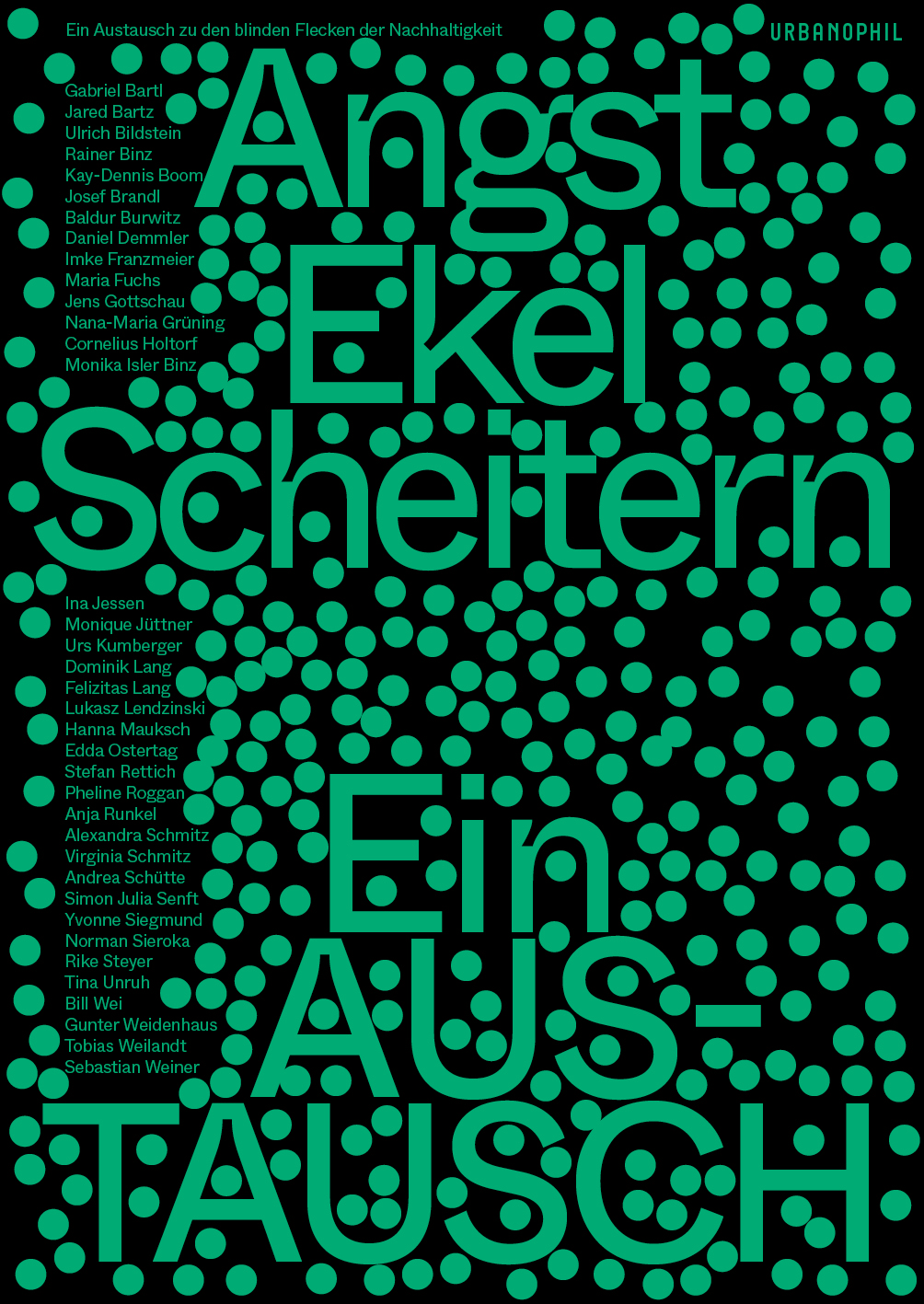 Ritual und Experiment – Versuch einer Annäherung an die Natur
Ritual und Experiment – Versuch einer Annäherung an die NaturThe relationship between man and nature is subject to constant change. While nature was long considered threatening and alien, the idea of man in harmony with nature developed in the 16th century. Another profound change in this relationship has been accompanied by industrialisation and rapid urbanisation since the 19th century. The relationship between humans and nature is becoming unbalanced and jeopardises the survival of many species, including humans, on this planet. The environmental debate that has been ongoing since the 1960s has only been able to change this to a limited extent. Rather, there seems to be a persistent inability – a ‘blind spot’ – to (re)establish and maintain socio-ecological relationships with our habitat. The urgent question arises as to how we can get closer to nature again and which strategies appear helpful for this.
-
 Widerspruchsresponsive Nachhaltigkeit
Widerspruchsresponsive NachhaltigkeitThe EU’s free trade agreement with New Zealand fails to establish a critical concept of sustainability On July 9, 2023, the European Union and Aotearoa New Zealand concluded a comprehensive free trade agreement, which the European Commission describes as the most ambitious agreement ever with regard to sustainability issues. A closer look reveals that the scope of regulation is more comprehensive and progressive in many respects than in other agreements. Nevertheless, deficits can be identified in the design of the dispute settlement procedure, which are also due to the fact that the sustainability chapter is unable to establish a critical concept of sustainability that is sensitive to its contradictions. Findings from Contradiction Studies can help to fill this gap. Contradictions are associated with the concept of sustainability as it is used in the agreement. Only its recognition makes it possible to negotiate these contradictions at a legal level. To this end, the dispute settlement procedure must be made more effective with the involvement of civil society actors.
-
 Nachhaltig nicht-nachhaltig. Rechte indigener Gruppen im Freihandelsabkommen EU-Mercosur
Nachhaltig nicht-nachhaltig. Rechte indigener Gruppen im Freihandelsabkommen EU-MercosurEuropean demand for raw materials is growing as part of the energy transition. Many of the raw materials required for the energy transition are located on the territories of indigenous peoples, which often leads to conflicts. Against this backdrop, it is surprising that the planned agreement between the EU and the Mercosur states does not contain any provisions regarding the participation and protection of indigenous peoples. A reference to such provisions, in particular from ILO Convention 169, would be required under international law and would help to make the conflicts and contradictions of the concept of sustainability negotiable.
-
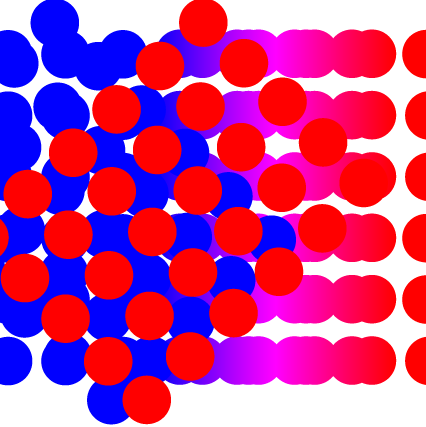 Transnational-Resilient Democracy. On the Conditions for Party Ban Proceedings in Interlegal Systems
Transnational-Resilient Democracy. On the Conditions for Party Ban Proceedings in Interlegal SystemsOn 13.11.2024, a group of 113 members of the German Bundestag tabled a motion to initiate proceedings to ban the Alternative for Germany (AfD) party. The debate to date has focused on the requirements and prospects of success of a (partial) ban of the party from a constitutional perspective (in particular here and here). The national perspective threatens to distort the view of transnational interlegalities and does not do justice to the state of European integration.
-
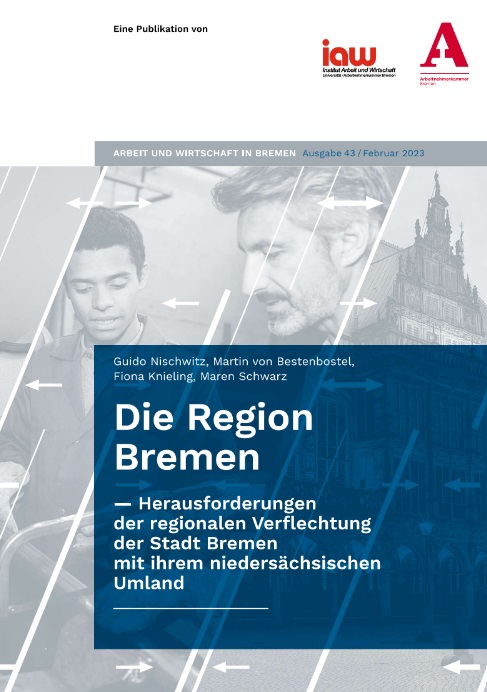 Die Region Bremen. Herausforderungen der regionalen Verflechtung der Stadt Bremen mit ihrem niedersächsischen Umland
Die Region Bremen. Herausforderungen der regionalen Verflechtung der Stadt Bremen mit ihrem niedersächsischen Umland
-
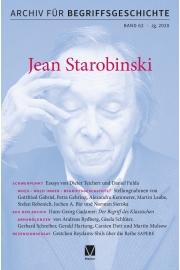 Begriffsgeschichte und Einzelwissenschaften
Begriffsgeschichte und Einzelwissenschaften
-
 Die Zeit in ihrer Vielfalt denken. Anmerkungen aus philosophischer Perspektive
Die Zeit in ihrer Vielfalt denken. Anmerkungen aus philosophischer PerspektiveThe aim of this paper is to sketch an approach for integrating the historiography of the sciences and of philosophy. More precisely, the paper suggests a method for investigating interactions within transdisciplinary constellations of researchers working in philosophy and in the exact sciences. I start off by introducing specific notions of analogy, variation, and conceptual space which provide the main ingredients of this method. The notion of a conceptual space, as well as other characteristics of the present approach, are adaptations from so-called constellation research. Originally, constellation research was developed for the historiography of philosophy – especially in the context of the origins of German idealism. However, as I will argue in the second half of the paper, it is adaptable to the historiography of science, especially of the exact sciences. To support this claim and to illustrate the integrative power of the present approach, I will (i) compare the notions of a constellation and a conceptual space with Ludwik Fleck’s notions of a »thought collective« and a »style of thought«, (ii) critically evaluate the distinction between contexts of discovery and of justification in a historiographical context, and (iii) relate the notions of analogy and variation, as introduced in the first part of the paper, to current debates about what is sometimes called »invariantism« in the philosophy of science.
-
Philosophische Zeitfragen. Weshalb wir mit Zeit taktvoll umgehen sollten
Zeit spielt eine grundlegende Rolle im menschlichen Leben. Zu bestimmen, was ihr Wesen ausmacht, ist bekanntermassen nicht einfach – und ist vielleicht auch nicht die philosophisch interessanteste Herausforderung. Wichtiger scheint es, verschiedene Lebensbereiche zunächst auf ihre unterschiedlichen Zeitauffassungen hin zu untersuchen und sich zu fragen, wie sie sich aufeinander beziehen. Für unseren Umgang mit Zeit ist das Entscheidende: Wie lassen sich Ereignisse sinn- und taktvoll aufeinander abstimmen?
-
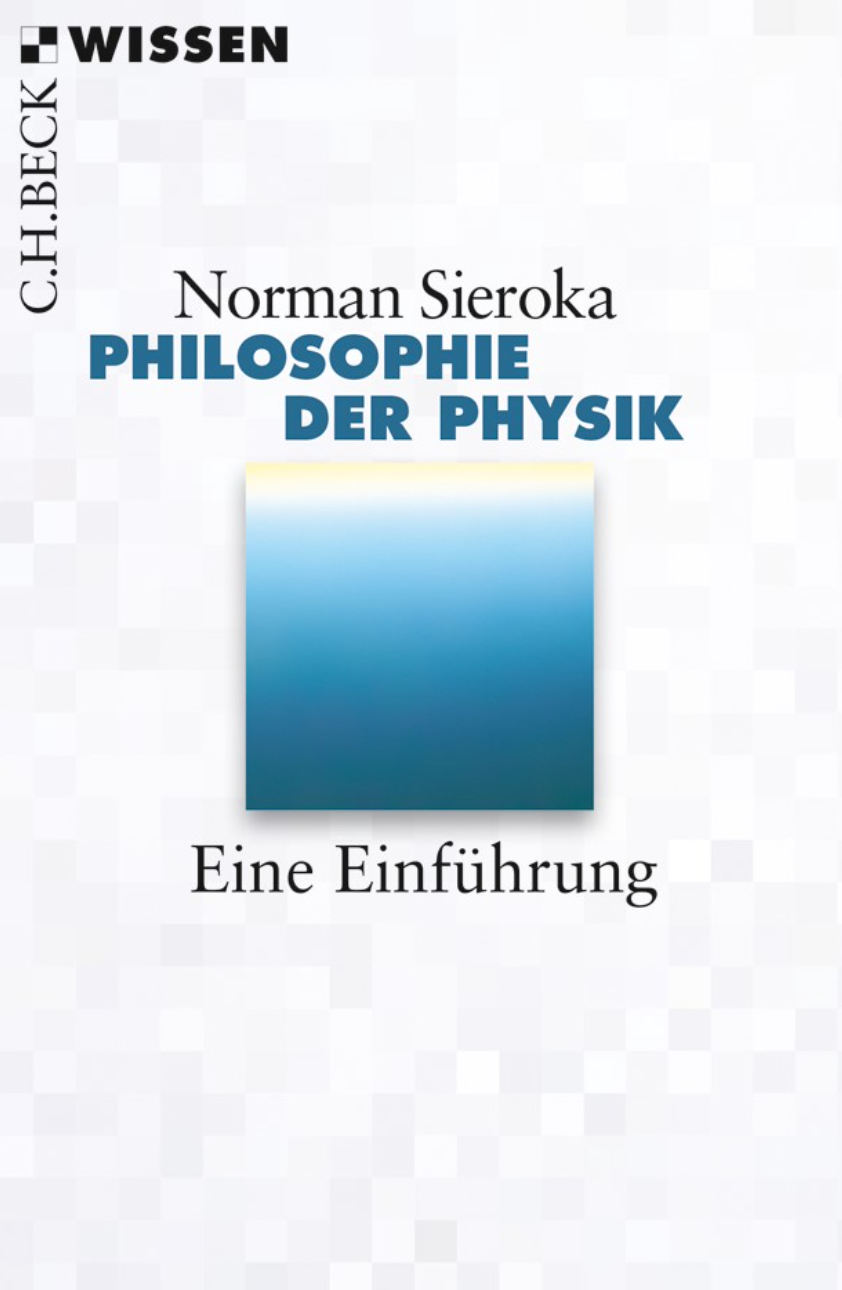 Philosophie der Physik. Eine Einführung
Philosophie der Physik. Eine EinführungThis volume offers a systematic and generally understandable introduction to philosophical questions in physics and its historical development. It begins with a presentation of important stages in the history of physics in antiquity, the early modern period and the past two centuries, and uses them to illustrate central epistemological features of physics. It discusses typical explanatory strategies, the role of experiments and predictions, the procedure for forming concepts and theories and the importance of mathematics.
-
 Neues Wahrnehmen
Neues Wahrnehmen
-
 Zeit-Hören: Erfahrungen, Taktungen, Musik
Zeit-Hören: Erfahrungen, Taktungen, MusikThis volume shows why it is misleading to view time as an object, exploring the insights that can be gained from analogies between sequences and by comparing event timings. Incorporating extensive references to music and, more broadly, to the act of listening provides illuminating glimpses into these fundamental structural properties of reality.
-
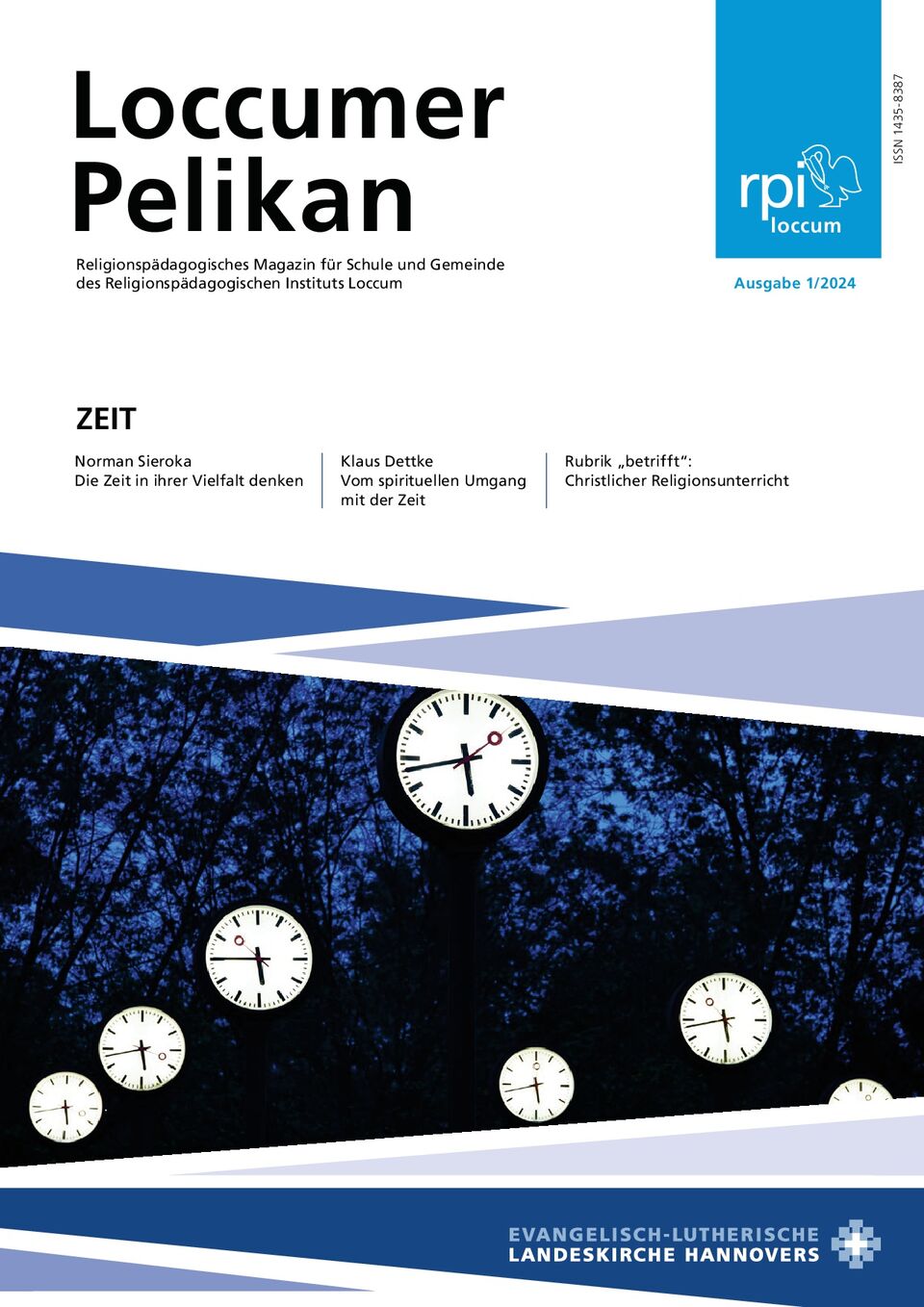 Die Zeit in ihrer Vielfalt denken – Anmerkungen aus philosophischer Perspektive
Die Zeit in ihrer Vielfalt denken – Anmerkungen aus philosophischer PerspektiveCorona infections, childhood memories, presidential elections, avalanches: everything we experience and witness and all external events can be ordered in time – according to their succession. Time is therefore an ordering parameter, or dimension, of events. There is disagreement about what else time is on the “battlefield of eternal disputes” – as Kant once called philosophy (or more precisely: metaphysics): Is time relative or absolute? Is it continuous or discrete? Is it a substance in its own right or is it constituted by relationships between events?
-
 Making a Theme Audible. Imparting Non-Discursive Knowledge in Natural Philosophy by Means of Poetry and Aphorism
Making a Theme Audible. Imparting Non-Discursive Knowledge in Natural Philosophy by Means of Poetry and AphorismThis paper is about poetry as a vehicle for imparting knowledge in natural philosophy. It discusses the epistemological and cultural background against which early Greek thinkers such as Parmenides and Empedocles composed in verse, and it explores the rationale why poetry was thought to be a preferred means for transmitting important and often non-discursive knowledge about nature—in other words, how poetry was meant to make “a philosophical theme audible,” to prompt an insight that organizes a large field of experience. Much later, related assumptions find a (last) heyday in Goethe’s attempt to write a Naturgedicht in the vein of Lucretius. Even though new insights especially from classical German philosophy influenced Goethe, his reasons for writing nature poetry show striking continuities with those of his ancient peers. The paper ends with a brief look at later attempts to “make philosophical themes audible” in the context of an ever-increasing fragmentation of knowledge.
-
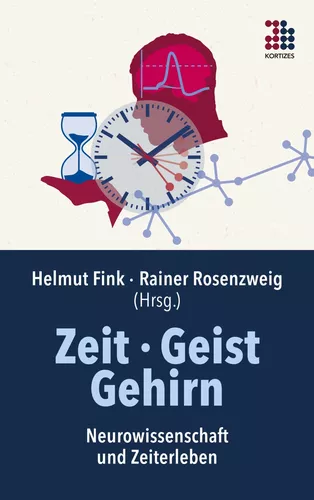 Zeitliche Vielfalt – Erscheinungsformen von Zeit und die Aufgabe der Philosophie
Zeitliche Vielfalt – Erscheinungsformen von Zeit und die Aufgabe der PhilosophieProceedings of the symposium Zeit · Geist · Gehirn. Neurowissenschaft und Zeiterleben 2021.
-
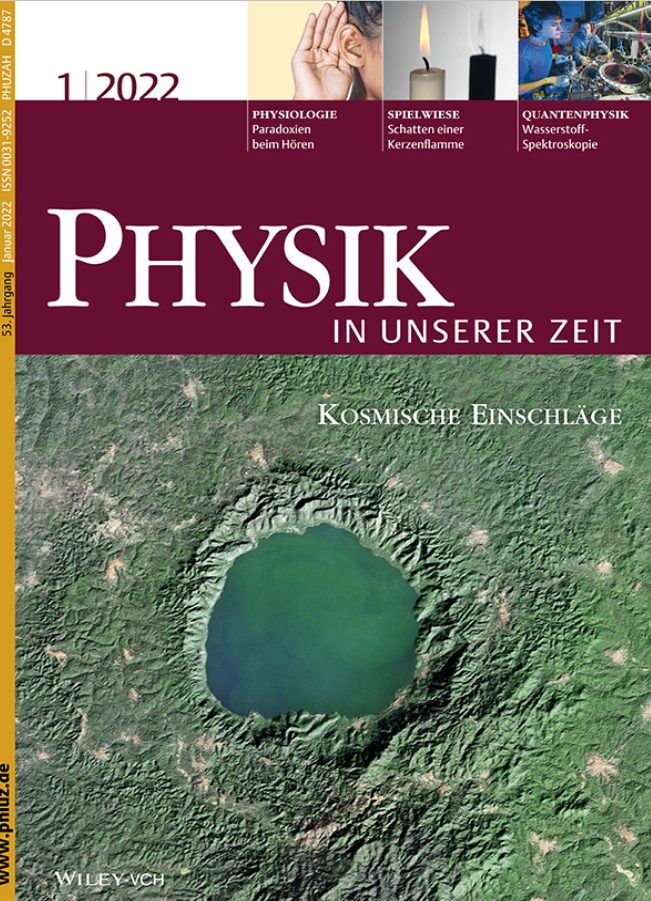 Paradoxien beim Hören
Paradoxien beim HörenDealing with auditory oddities and ambiguities is not only entertaining, it is also an important driver for basic auditory research. The same acoustic stimulus can actually be perceived in different ways. We not only hear “with our ears”, but various other physical, physiological and cultural factors also play an important role. This directly gives rise to broader philosophical questions, for example on perception – and the enduring appeal of pieces of music is also based in many places on such ambiguities [13].
-
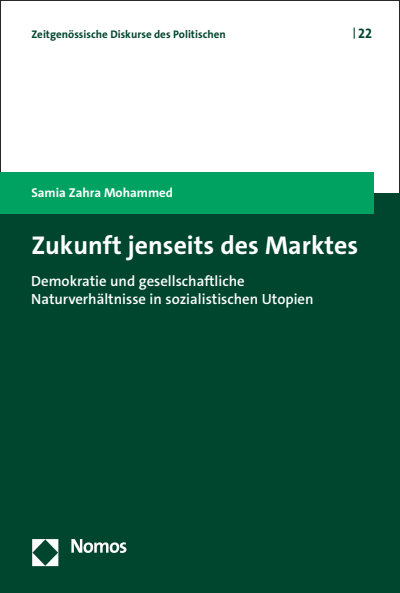 Zukunft jenseits des Marktes. Demokratie und gesellschaftliche Naturverhältnisse in sozialistischen Utopien
Zukunft jenseits des Marktes. Demokratie und gesellschaftliche Naturverhältnisse in sozialistischen UtopienThe almost constantly recurring crises of the democratic order and relations between humans and nature in our age of the Capitalocene are currently reviving debates on economic models beyond the capitalist market economy.
-
Rethinking Drug Design in the Artificial Intelligence Era
Artificial intelligence (AI) tools are increasingly being applied in drug discovery. While some protagonists point to vast opportunities potentially offered by such tools, others remain sceptical, waiting for a clear impact to be shown in drug discovery projects. The reality is probably somewhere in-between these extremes, yet it is clear that AI is providing new challenges not only for the scientists involved but also for the biopharma industry and its established processes for discovering and developing new medicines. This article presents the views of a diverse group of international experts on the ‘grand challenges’ in small-molecule drug discovery with AI and the approaches to address them.
-
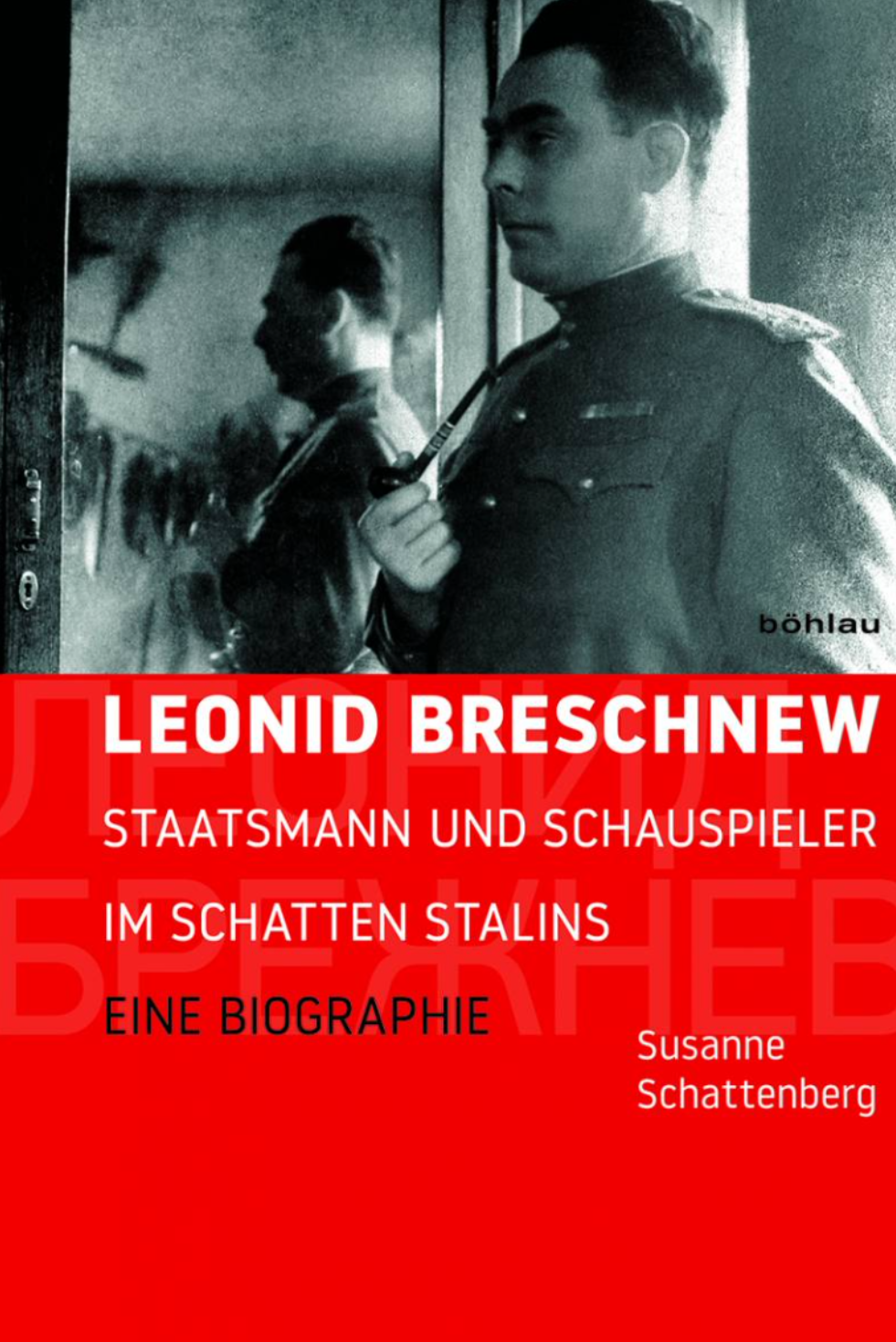 Leonid Breschnew. Staatsmann und Schauspieler im Schatten Stalins. Eine Biographie
Leonid Breschnew. Staatsmann und Schauspieler im Schatten Stalins. Eine BiographieLeonid Brezhnev was Chairman of the CPSU from 1964 to 1982 and shaped the development of the Soviet Union for almost two decades. Contrary to what had long been claimed in the West, Brezhnev was not a hardliner or restalinizer, but had himself suffered under Stalin and seen so much suffering that he declared prosperity for all to be the general line of the party. The horrors he had experienced in the Second World War led him to seek a balance with the West. Brezhnev mimicked the Western statesman and was accepted by his partners as one of their own. But when Georges Pompidou died in 1974 and Willy Brandt and Richard Nixon resigned, Brezhnev found himself faced with the ruins of his policy of détente. For, as no one in the West suspected, there was no change of policy in the Kremlin. Stress and insomnia led Brezhnev into a pill addiction that further ruined his peace efforts: the invasion of Afghanistan by Soviet troops in 1979 was decided by a Politburo troika without him.
A man in his time: Based on numerous previously inaccessible sources, Eastern European historian Susanne Schattenberg presents the first academic biography of Leonid Brezhnev on the 35th anniversary of his death in November 2017.
-
 „Sascha, ich würde Dir gern glauben, aber versteh auch Du mich …“. Breschnew, Dubček und die Frage von Kadern und Vertrauen im Konflikt um den Prager Frühling 1968
„Sascha, ich würde Dir gern glauben, aber versteh auch Du mich …“. Breschnew, Dubček und die Frage von Kadern und Vertrauen im Konflikt um den Prager Frühling 1968This article focuses on the question, which kind of diplomacy we have to deal with within the Warsaw pact states. Taking the invasion in Czechoslovakia in 1968 as an example, three theses are discussed: (1) Brezhnev transferred his inner-party concept of „trust in cadres“ and his „scenario of power“ based on trust to foreign politics and treated Dubček as a client whom he addressed in a patrimonial and familiar way. (2) He lost faith in Dubček when the latter established a new democratic discourse denying the central power of the party. (3) The diplomatic language within the Warsaw pact states referred more to socialist common values and party discipline than to the language and setting of international meetings with third party states.